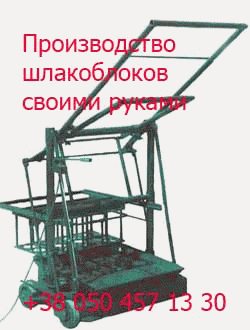Epoxy resins react with hardeners in stoichiometric quantities. Thus a knowledge of the number of reactive sites is needed in order to calculate correct ratios. For the resin this is given by the epoxide equivalent weight (EEW), which is the quantity of resin required to yield one epoxy group. For a DGEBA type in which n = 0, the molecular weight is 340. Since there are two epoxy groups per molecule, the EEW is thus 170. Typically, the pure liquid DGEBA resins commercially available for adhesive applications have EEW in the range 180 to 310, usually 190 to 210, while for paints or special applications, EEW may reach 2000 or more. The epoxy novolacs usually have EEW in the range 150 to 250, usually around 180.
The viscosity of a DGEBA resin is dependent primarily on molecular weight. Even at low molecular weight, viscosity is typically in excess of 6,000 cP, while at EEW 190 viscosity is usually around 12,000 cP. For applications requiring low viscosity it is thus necessary to include other types of epoxy resin or to use reactive or nonreactive diluents to achieve the desired viscosity.
 14 сентября, 2015
14 сентября, 2015  Malyar
Malyar  Опубликовано в рубрике
Опубликовано в рубрике 